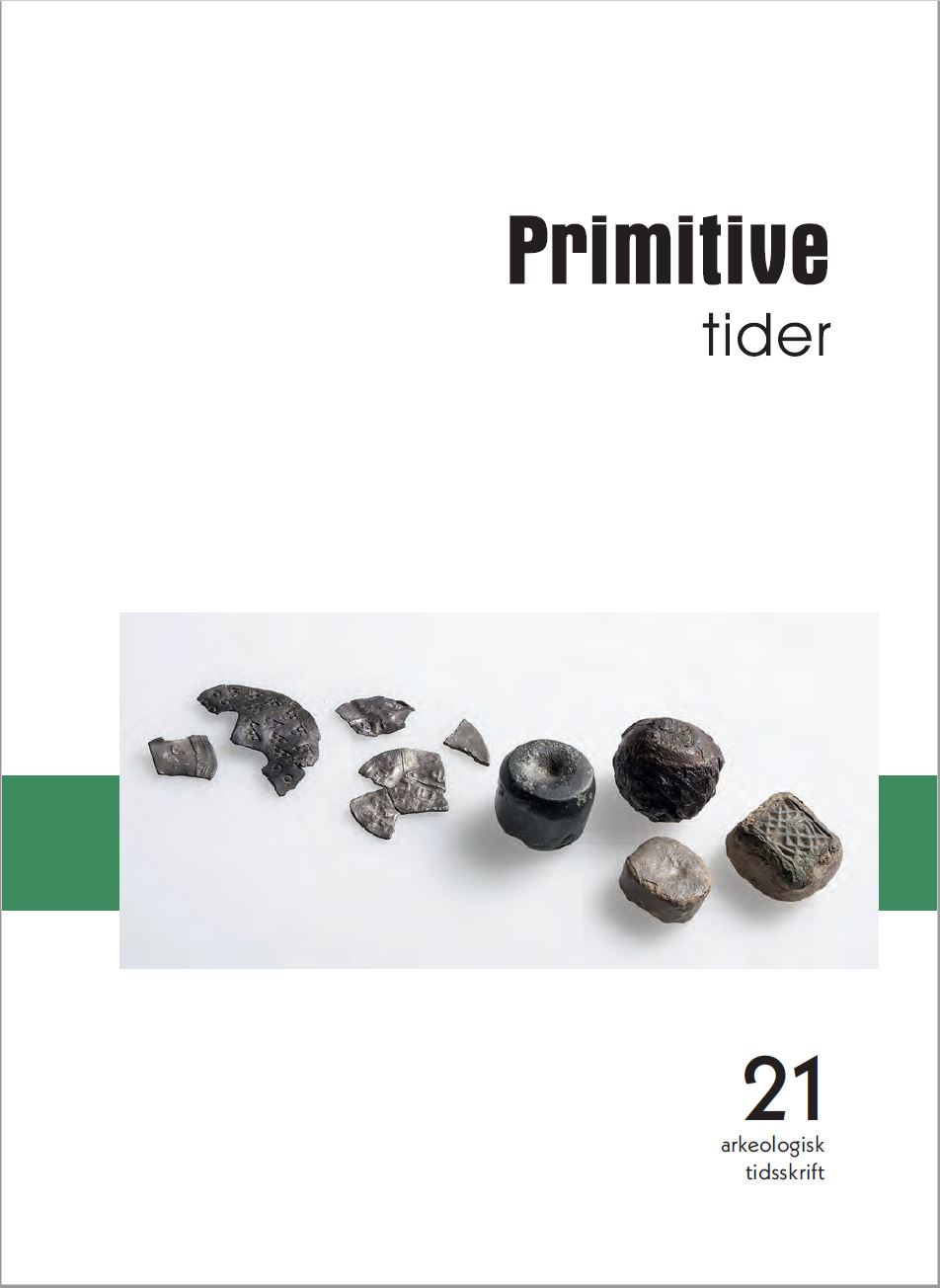The Fimbulwinter theory and the 6th century crisis in the light of Norwegian archaeology: Towards a human-environmental approach.
DOI:
https://doi.org/10.5617/pt.7538Sammendrag
In this article, I have tried to discuss the Fimbulwinter theory in a research historical perspective, in order to disentangle the premises presented by both advocates and critics alike. By and large, the current debate follows the contours of previous discourses on the 6th century transition, at the risk of entrenching the arguments within two defined and established perspectives: material change as a reflection of crisis, and, secondly, material change as an expression of cultural innovation. Neither of these perspectives is satisfactory, as they both run the risk of downplaying either, in the first case, long-term socio-cultural dynamics or, in the second case, environmental factors. In other words, an environmental perspective is inadequate as an analytical framework, since it is liable to provide simplified and deterministic interpretations of past societal change. The roots of environmental disasters must be studied from a social perspective, in which societal preconditions for vulnerability to hazards are analysed. Consequently, an integrated human- environmental approach must be developed, which takes into consideration the importance of both human and natural systems, and the interaction between them. There is, indeed, no contradiction between the two interpretative frameworks of crisis and a change of practice, as both perspectives are required for an in-depth understanding of the spatial and temporal complexity associated with the transition from the Early to the Late Iron Age. Considerable scientific potential might be obtained by employing a human-environmental approach, in which the 6th century transition is analysed at the interface of human and environmental systems, rather than within an explicit social or climatic interpretative framework.

Nedlastinger
Utgave
Seksjon
Lisens
Fra og med årgang 2021 er innholdet i Primitive Tider lisensiert gjennom Creative Commons Navngivelse 4.0 Internasjonal (CC BY 4.0).
© CC BY-NC (2014–2020)
Verk mellom 2014 og 2020 lisensieret under en Creative Commons Navngivelse-IkkeKommersiell 4.0 Internasjonal.
© Forfatter(ne) (1998–2013)
Verk mellom 1999 og 2013 er beskyttet av åndsverkloven. Uten eksplisitt autorisasjon er reproduksjon kun tillatt i den grad dette er i henhold til loven, eller etter avtale med rettighetshaver eller en kollektiv forvaltningsorganisasjon.

